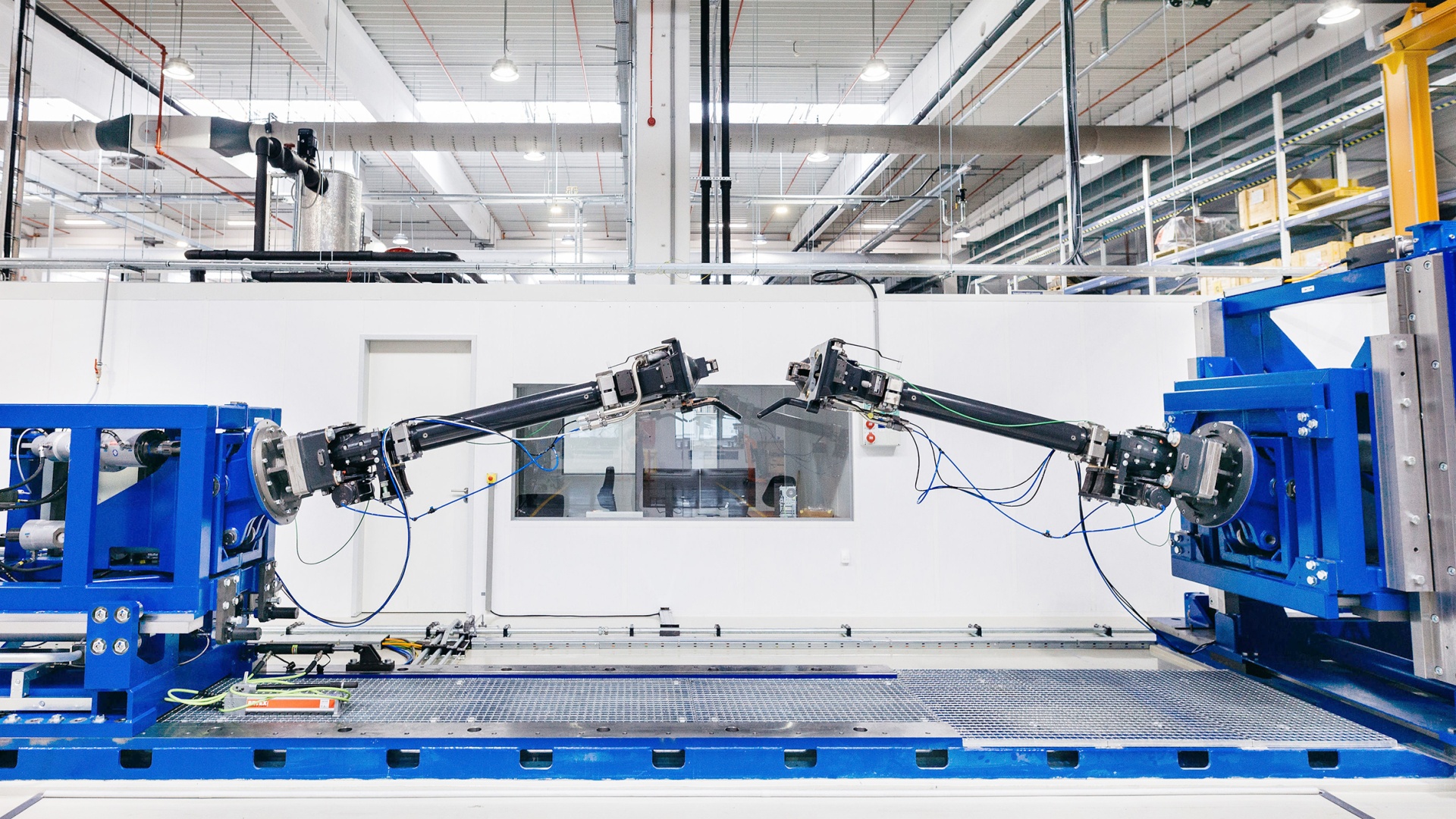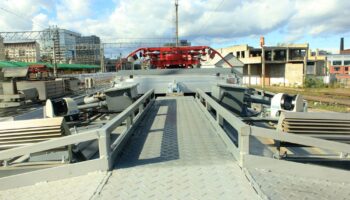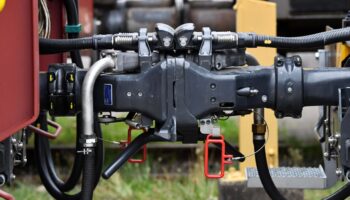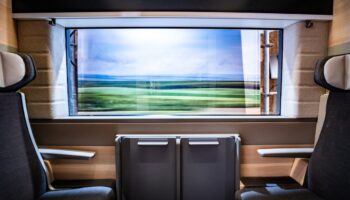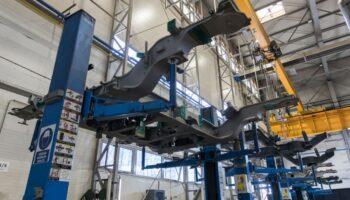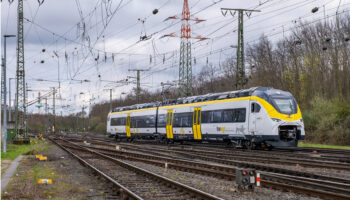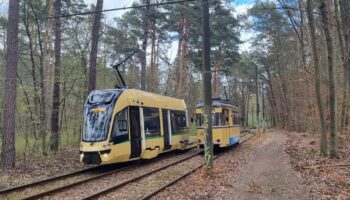Germany: The company claims that by 2030 it expects to become a leading supplier of digital automatic couplers (DAC) and other technical solutions for the automation of freight trains. It estimates the volume of this market at €10 bln.
Knorr-Bremse notes that it has already made significant progress in developing its own version of the FreightLink digital coupler, which is a type of Scharfenberg system. The first prototypes were assembled at the company’s plant in Budapest. They are made from a special steel alloy that is said to be able to withstand large longitudinal forces arising from movement, braking or shunting. Knorr-Bremse plans to test FreightLink this year at a dedicated test facility.
The company emphasizes that when developing the automatic coupler, they focused on optimizing the cost of the life cycle and ensuring efficient maintenance. Thus, smart maintenance services will be included in this product. In June, Knorr-Bremse acquired a stake in the Nexxiot telematics company and announced plans to offer its customers a digital ecosystem subscription that should include the possibility of monitoring the technical condition of components and predictive analysis.
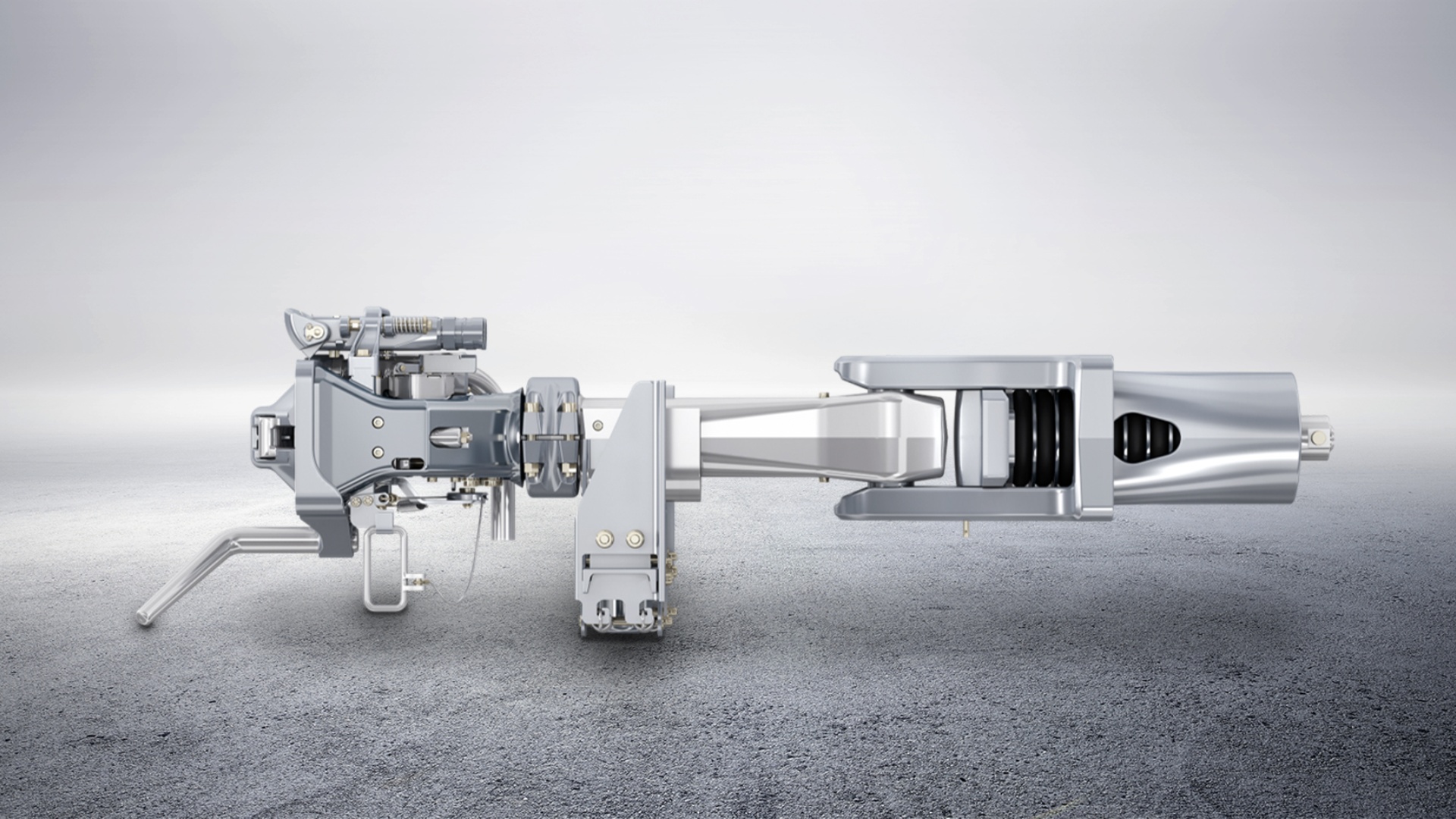 Knorr-Bremse digital automatic coupler design presented last November. Source: Knorr-Bremse
Knorr-Bremse digital automatic coupler design presented last November. Source: Knorr-Bremse
Also, this year, the company intends to equip a freight train with a more advanced version of the automatic coupler and then conduct its operational tests as a part of the Europe’s Rail partnership (ERJU, succeeding the Shift2Rail initiative). By 2025, in cooperation with ERJU partners, automatic couplers ready for mass distribution in EU should be developed. It is worth noting that the Knorr-Bremse automatic coupler is not included in the European DAC4EU automatic coupler project: it is currently undergoing the second phase of testing involving Scharfenberg system couplers developed by Dellner and Voith.
In addition, next year Knorr-Bremse plans to equip the railcars of Havelländischen Eisenbahn (HVLE) in Germany with the FreightControl automated brake test system and to begin its operational testing in 2024. This system assumes that the data from the sensors should be sent wirelessly to the driver’s tablet and so the departure of trains will significantly speed up. An official press release from Knorr-Bremse states that the brakes of about 500,000 freight railcars in the EU are still undergoing manual testing at the moment.
In addition to the FreightControl system, other digital products of the company will also undergo trials: train composition recognition, train integrity monitoring and an electropneumatic brake control system. Combined with the automatic coupler, this should provide Knorr-Bremse with a whole package of digital solutions for freight trains. They are expected to be compatible with all rolling stock operating in the EU.



